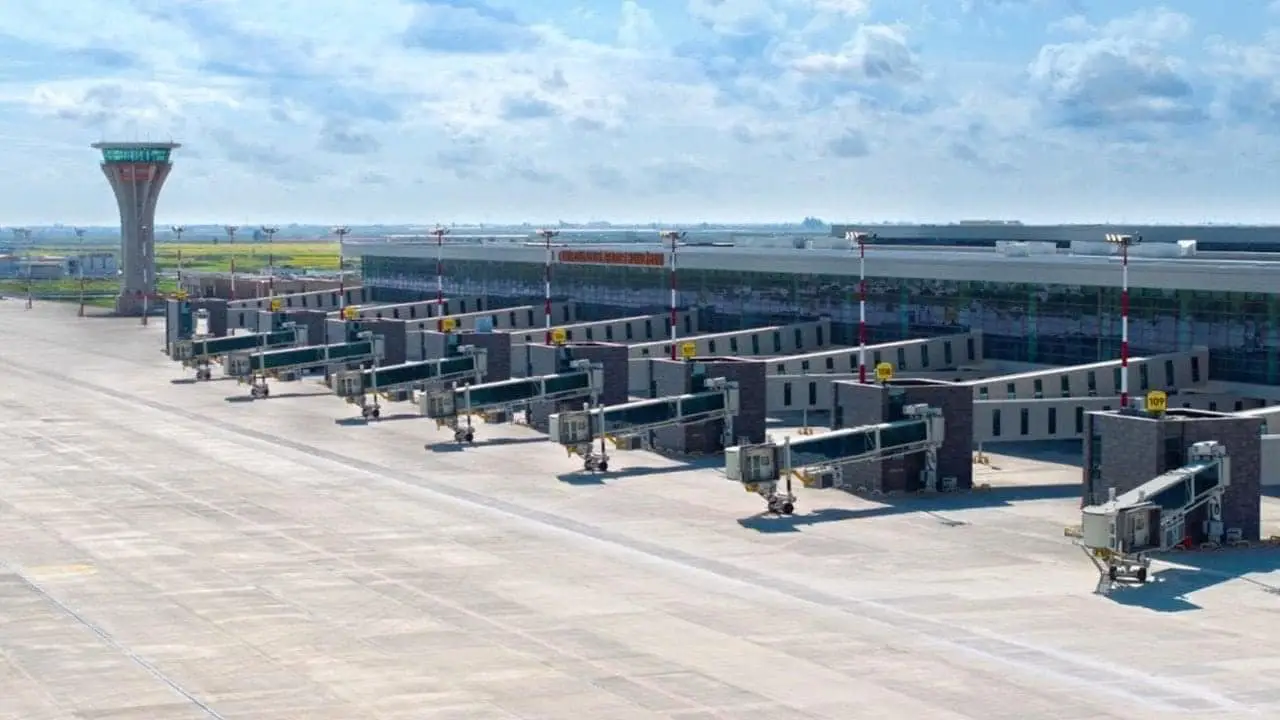The travel industry is experiencing a shift as U.S. consumers, grappling with economic uncertainty, begin to delay their vacation plans.
After enjoying several years of robust demand, major travel companies are now forecasting a slowdown in leisure travel bookings, which could significantly impact the sector’s growth in the coming months.
A New Trend: Waiting to Book
One of the most noticeable trends emerging in the U.S. travel market is the tendency of consumers to wait longer before booking their vacations. This change is largely attributed to concerns about disposable income and financial stability.
Many travelers are choosing to book their trips closer to their desired travel dates, ensuring they have the funds available before committing. This last-minute approach has created challenges for travel companies that previously relied on early bookings to forecast demand and manage inventory.
This trend is causing ripples across the travel industry, with companies like Airbnb and Booking Holdings reporting slower growth in U.S. bookings compared to the rest of the world.
Recent stock market performances reflect investor concerns, with shares of these companies experiencing declines as the market adjusts to the new reality.
Impact on Major Travel Players
The slowdown in U.S. leisure travel is affecting a wide range of companies.
Hilton Worldwide has adjusted its expectations, signaling to investors that while growth across all travel segments is anticipated, the increase in leisure travel will be minimal. However, Hilton has managed to offset some of the domestic slowdown with stronger international revenue, leading to an overall positive profit forecast for 2024.
Similarly, Marriott has lowered its forecast for growth in room revenue for 2024, citing softer demand in North America. The company reported that leisure room revenue in the region grew by just 1% in the most recent quarter, a stark contrast to the higher growth rates seen in previous years.
Airlines and entertainment giants are also feeling the effects. Delta Air Lines, United Airlines, and Walt Disney have all noted weakening demand, with Disney specifically highlighting the underperformance of its parks division in its latest quarterly results.
Economic Uncertainty Weighs on Travel Plans
The root cause of this slowdown can be traced back to the broader economic uncertainty that has many consumers tightening their belts.
With less disposable income and greater caution about spending, travelers are opting for lower-priced travel options or choosing to book their vacations at the last minute. This shift is making it difficult for travel companies to predict future demand and adjust their strategies accordingly.
As travel companies navigate these uncertain times, they are focusing on offering flexible booking options and value-driven experiences to attract budget-conscious travelers. These efforts aim to sustain the industry until economic conditions stabilize and travelers feel more secure in planning their getaways.
Industry Hopes for Recovery
As the travel industry continues to adapt to these changes, upcoming earnings reports from other major players, such as Booking Holdings and Expedia Group, will be closely watched for further insights into the trajectory of leisure travel. While the current outlook appears cautious, there is hope that consumer confidence will rebound, leading to a resurgence in travel bookings later in the year.
For now, travel companies are refining their strategies to adapt to the evolving market, focusing on maintaining flexibility and appealing to a more budget-conscious customer base. The industry remains hopeful that these measures will help mitigate the impact of the slowdown and pave the way for recovery in the future.














